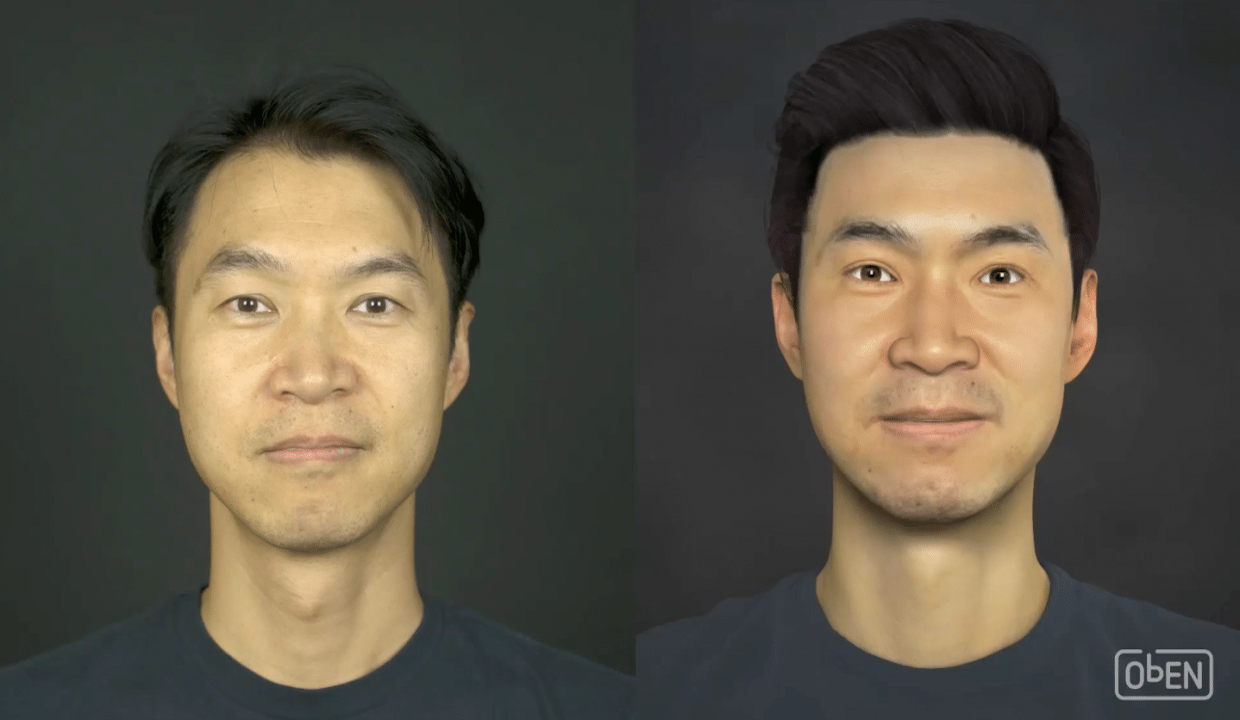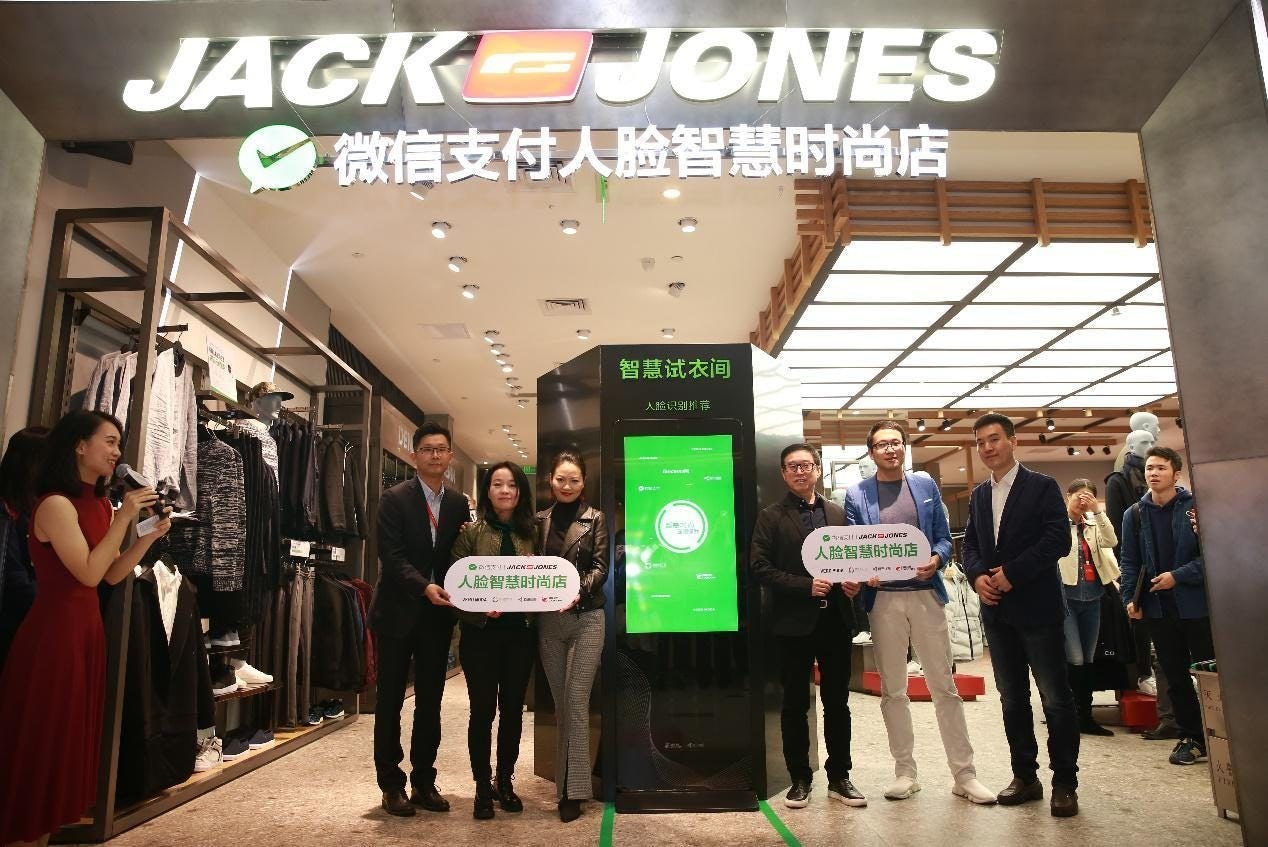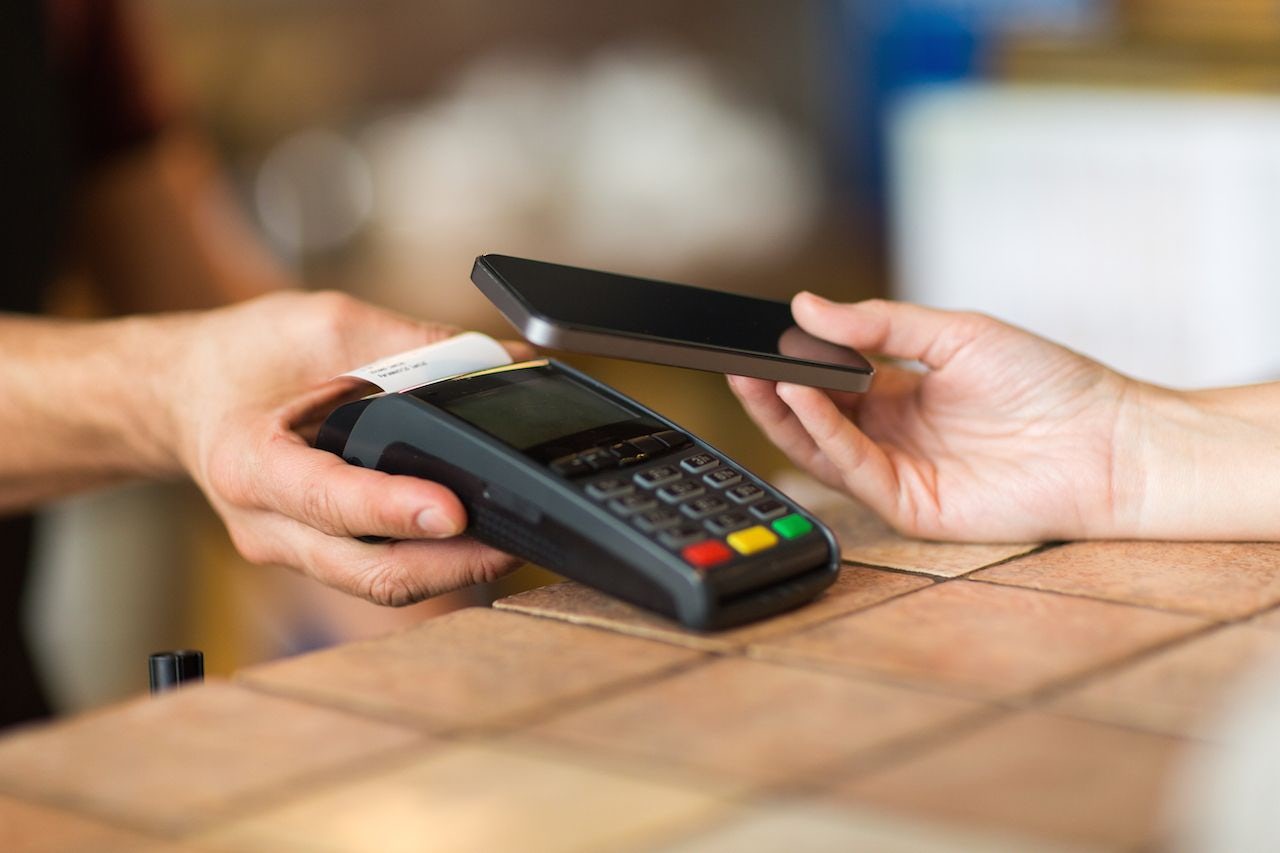This is going to be the year Artificial Intelligence (AI) shines, according to the top voices in tech, and it spells big opportunities for the luxury industry.
While Silicon Valley is driving much of the industry’s momentum, China is taking major steps to catch up, promising to make AI a 150 billion industry by 2030. Underlining this, a recent white paper released by a Chinese internet recruitment platform found that the demand for AI doubled last year and salaries for the field have grown significantly. In December, Google announced it was opening an AI research lab in Beijing.
Given the hype around AI, it should hardly come as a surprise that Adrian Cheng, founder of K11 Art Mall, has invested US10 million in an AI start-up from California called ObEN. ObEN uses AI technology to create 3D “intelligent avatars” that are copycats of real people, designed to look, sound, and behave like the user. K11’s founder sees the potential these avatars could have for retailers seeking to create more immersive and tangible customer service experiences powered by machine learning.
Last summer, ObEN announced a collaboration with Tencent, raising 5 million in funding to create AI avatars—or Personal AIs (PAIs)—for celebrities, meaning that once the technology is market ready, celebrities could effectively communicate with their fans without being physically present. For Cheng, though, ObEN technology could mean Chinese shoppers may see real-looking bots interacting with them at K11 malls in the not-so-distant future.
“ObEN’s Personal Artificial Intelligence (PAI) platform simplifies the implementation of artificial intelligence technologies for real life applications,” Cheng said in a statement. “K11 is committed to localizing the PAI platform and bringing an immersive AI experience for visitors at all K11 projects.”
AI implementation could breathe new life into what it means to go to a brick and mortar shopping mall in China, just as it is changing online shopping. While many companies are still working out how to best utilize the technology, the past year has seen several milestones in AI with major implications for luxury brands. These are the top six.
1. Stylecasting with Tencent#
Before Tencent announced it was seeking opportunities to create virtual avatars of celebrities, the technology powerhouse showed off its ability to use big data to understand the wardrobe preferences of its users. Its research team Youtu Lab is able to identify the most popular color and patterns favored by a specific age group and used this data to inform Chinese designer Chi Zhang’s AW18 collection, which he debuted at New York Fashion Week. It may not be long before international brands are using this information to improve their marketing strategies on Tencent’s WeChat platform or to adjust what products are offered to certain markets.
2. Alibaba’s ‘New Retail’#
By now, nearly everyone in the retail industry has heard of the supermarkets developed by Alibaba as part of its New Retail model, integrating offline spaces with the convenience of online e-commerce. That strategy is also being applied in the fashion retail sector, most recently causing a stir on Singles’ Day when it introduced 100,000 “smart” pop-up stores across China by brands like L’Oreal and Nike. Using consumer data processed by AI, the smart stores were able make more relevant product recommendations and get orders to customers faster by utilizing nearby warehouses—according to Forbes, the first order using Alibaba’s “smart logistics” model was delivered in just over 12 minutes. Alibaba’s record-breaking sales results might prompt more traditional luxury brands to take part in these pop-up stores the next time around.
3.#
Predictive Fashion#
Online retailers can almost seem telepathic in their ability to show recommended and related products to customers and generate a few more sales in the process. A similar strategy is being applied to the fitting room thanks to Alibaba, as it leverages its New Retail efforts to improve customer experience both online and offline. Late last year, the company debuted FashionAI, a system that uses deep learning to help customers make style choices based on what clothing they try on in the store. FashionAI is trained to recognize items of clothing based on what products Alibaba carries on its e-commerce platforms as well as style decisions gathered from its online shoppers. The ultimate goal is to create the “perfect” outfit for the customer, making them feel good and hopefully inspiring them to spend more.
4. Connected Luxury Cars#
Before 2017 came to a close, BMW and Alibaba announced a partnership to use Alibaba’s AI expertise to bring the Internet of Things (IoT) model to its luxury cars this year. The collaboration promises to develop “smart speakers” for new BMW models sold in China in 2018, allowing customers to use voice commands to gather info about their car, such as how much gas is left in the tank. (And car makers would also get valuable data about the drivers’ whereabouts and preferences.) Sean Ding, the chief scientist for the IoT division at Alibaba Cloud said in a statement that the machine intelligence technology is bringing them a step closer to creating an environment where everything being connected is no longer a luxury—one day, it might be commonplace for people to operate their home appliances from inside their car and operate the car from inside their home.
5. Better Selfies#
Before Adobe announced it was working on its own impressive AI-powered selfie editing features, Chinese beauty app Meitu had already released a phone with a selfie selling point: the front-facing camera uses AI to help users take better selfies. Meitu calls it “advanced beautification,” which essentially picks up on aspects of the picture like skin tone and face shape to create more personalized adjustments to the selfie. In a society where selfies are so important, these kinds of features may eventually be informative for beauty brands seeking to better understand the aspirations of their market.

6. Playing the Price Game#
With the knowledge that many Chinese consumers are price conscious when it comes to buying luxury goods, a Shanghai-based startup called LUXSENS is using an AI algorithm, which gets more intelligent as it receives more data points, to map out the best prices for luxury goods across 19 countries and 500 suppliers. This data is then processed and supplied to both luxury merchants and consumers so that they can learn about where they can find the best deal before ordering it from the platform or making a point to visit the retail location when they travel.


